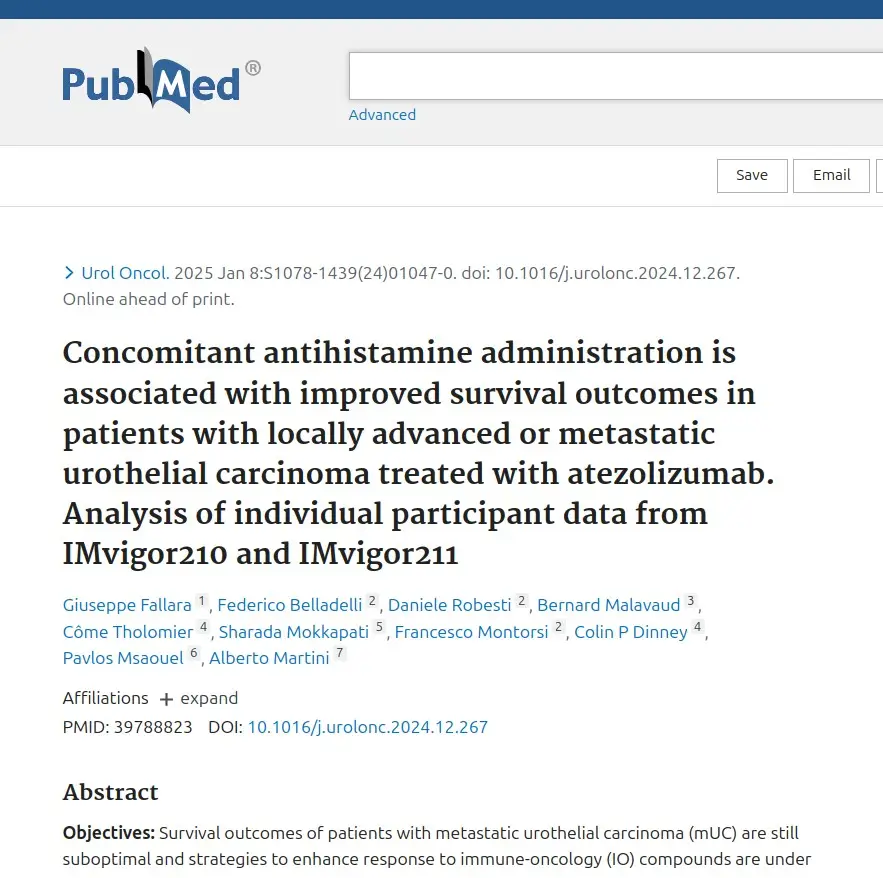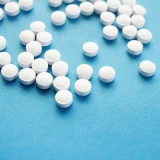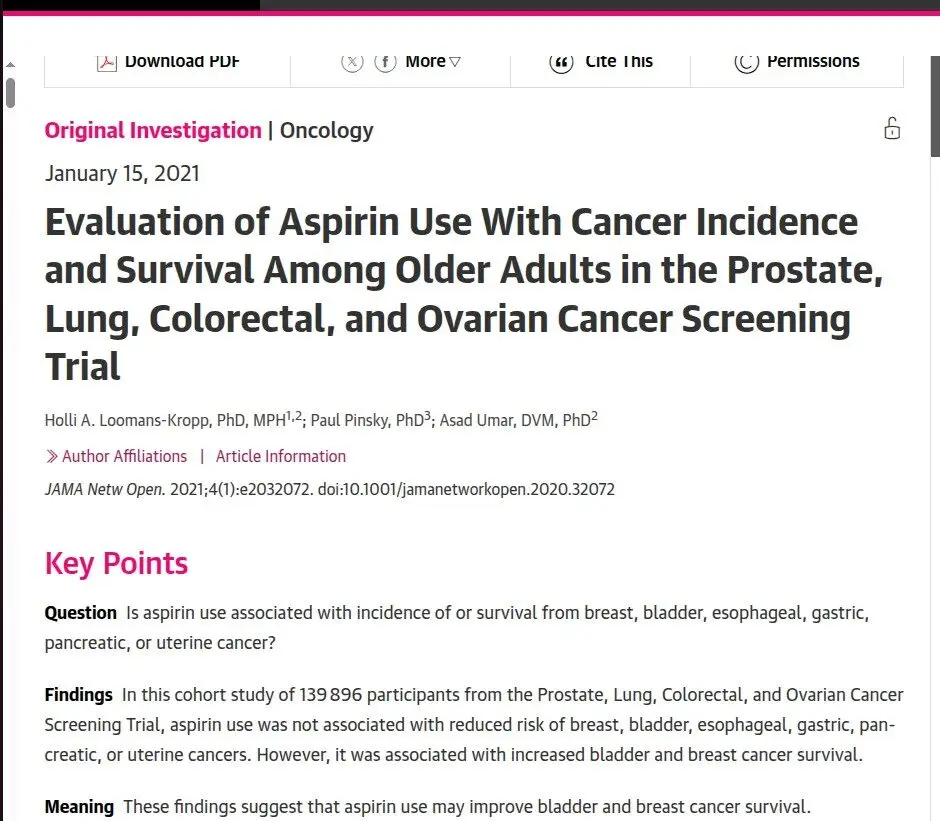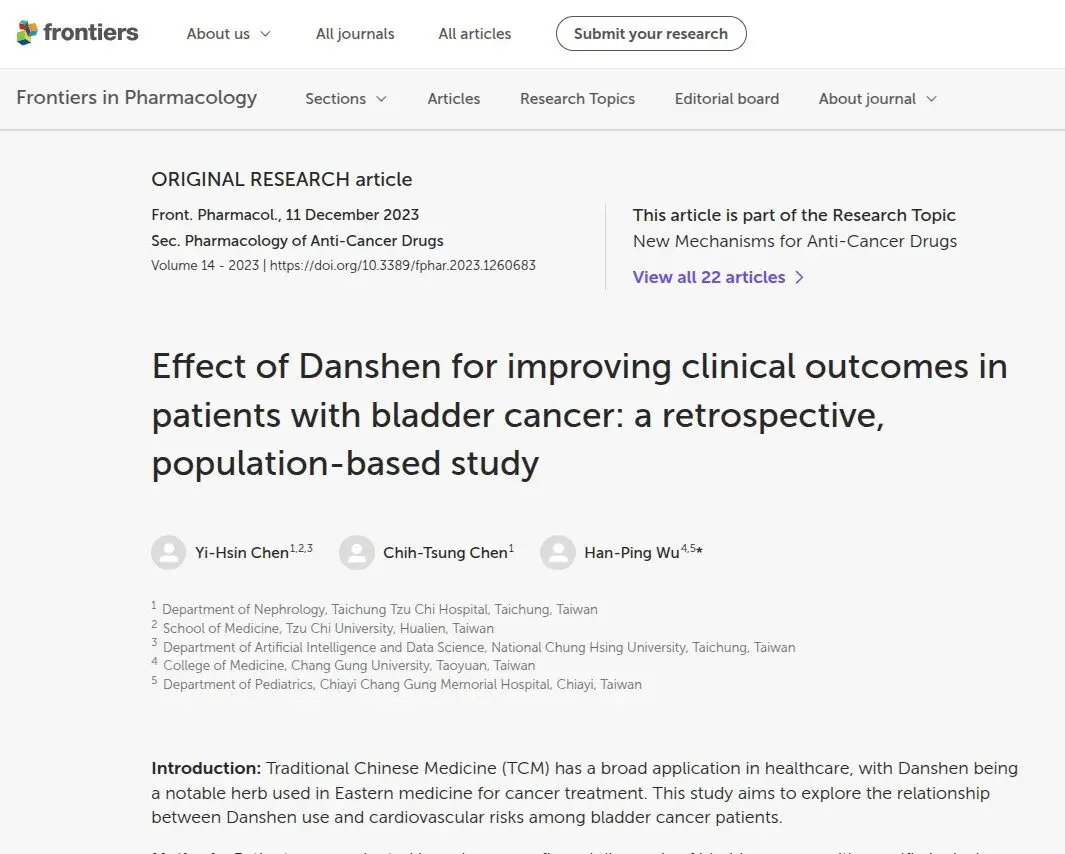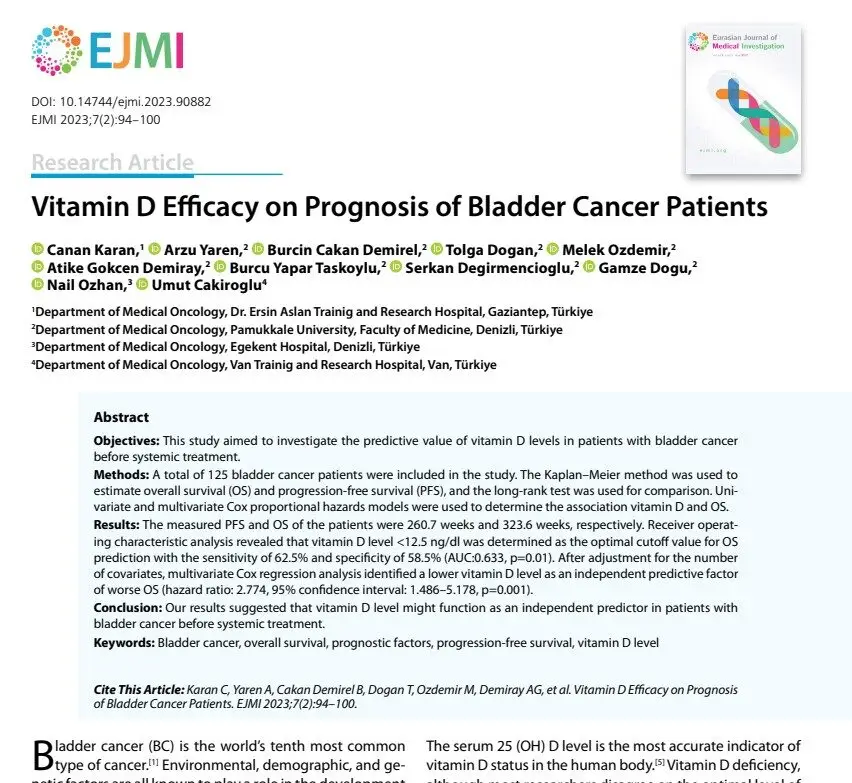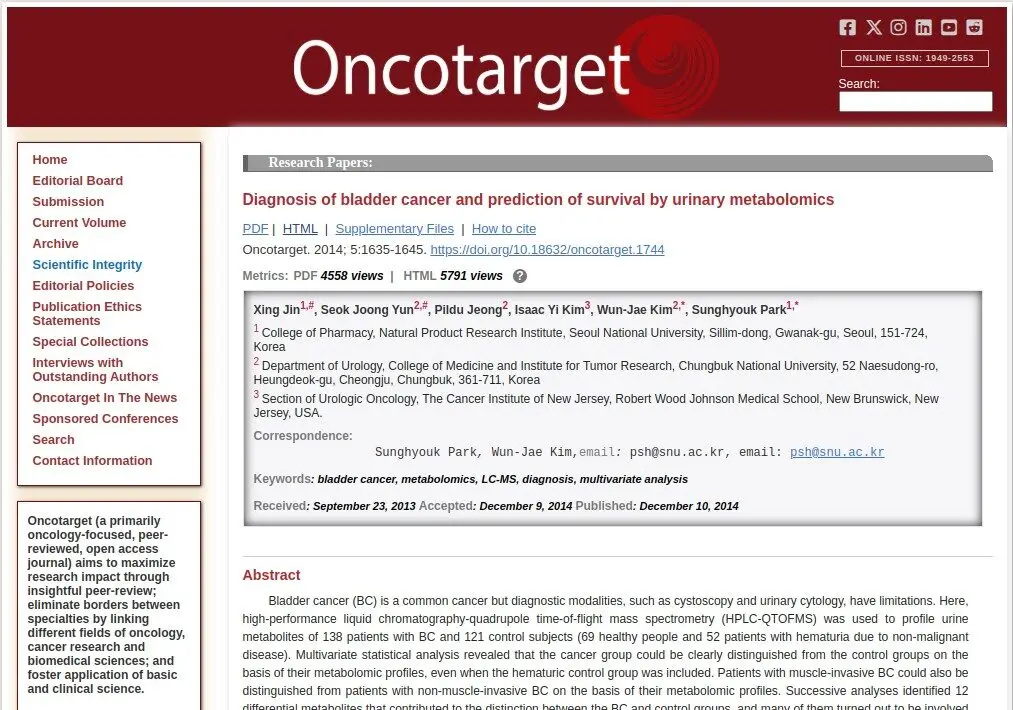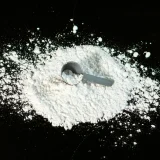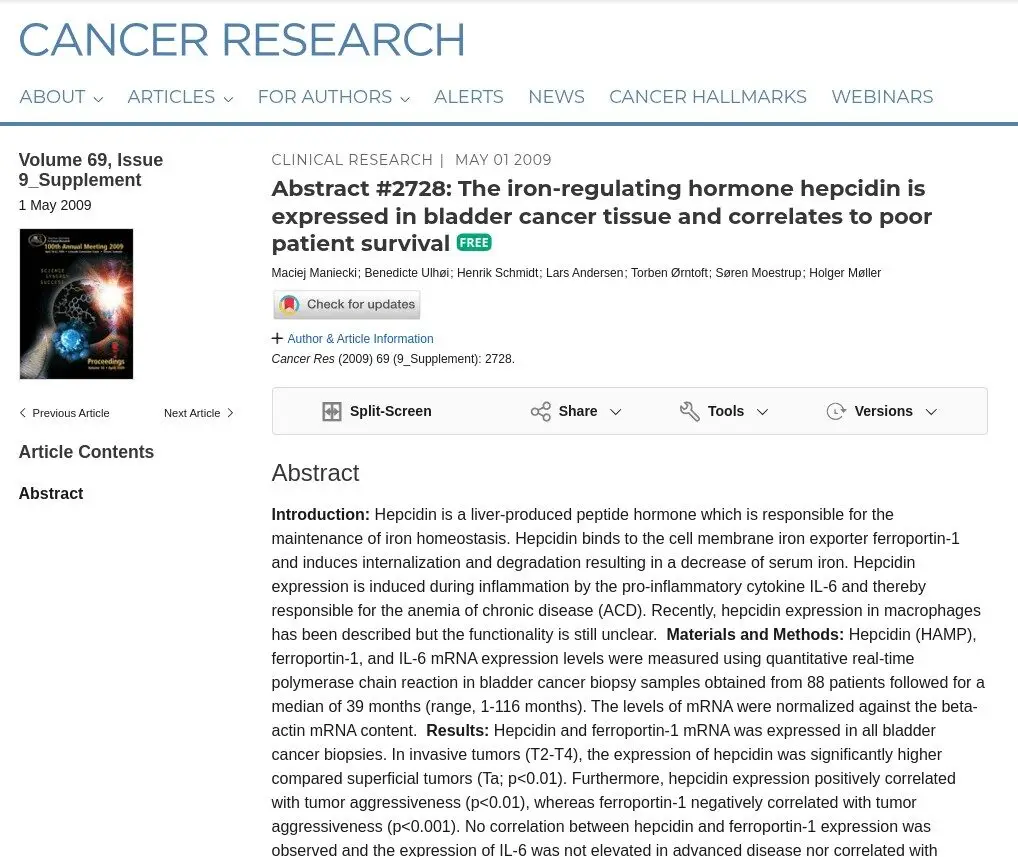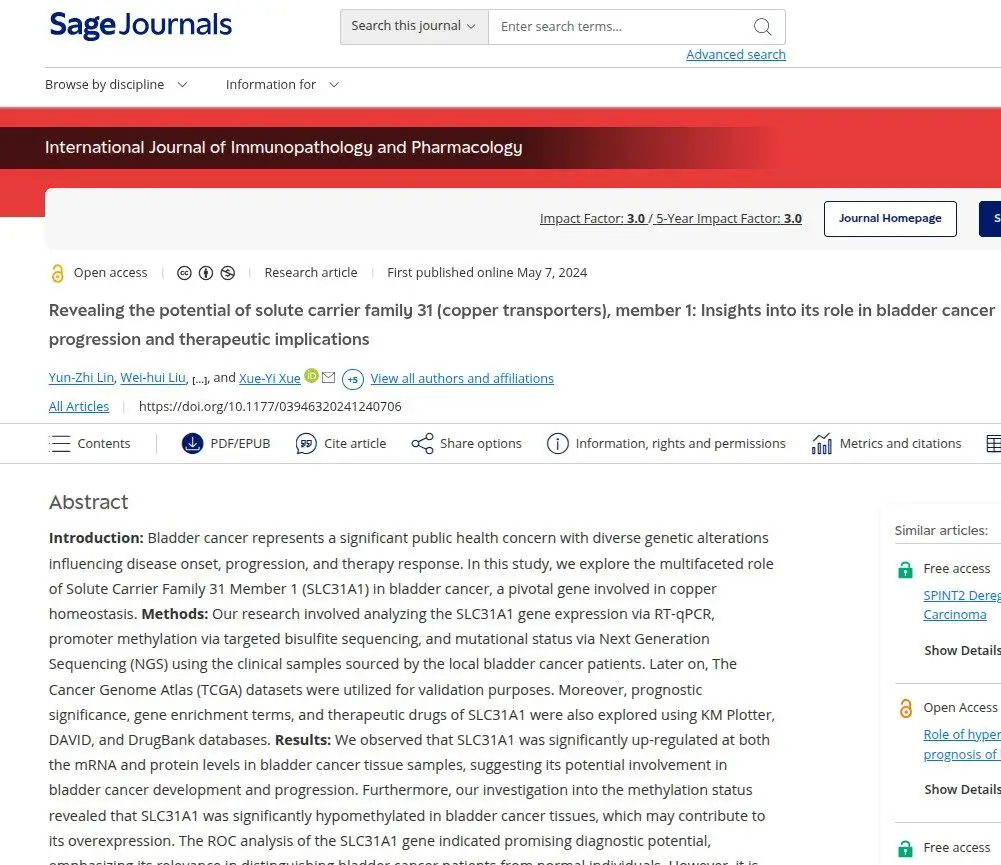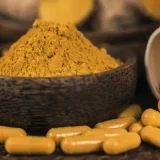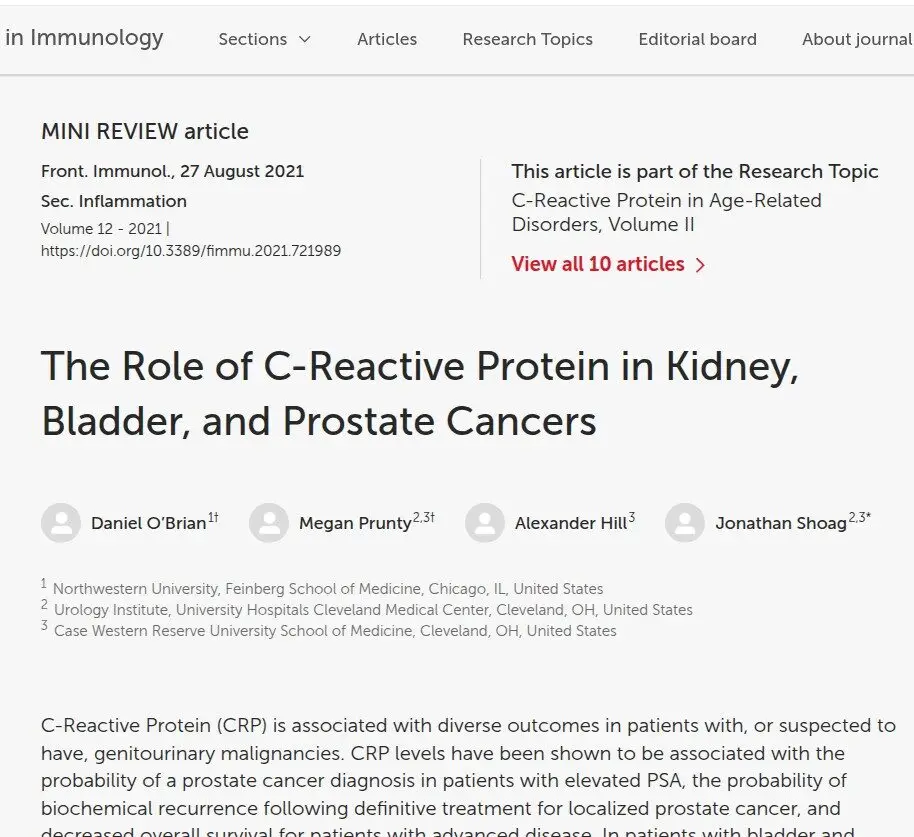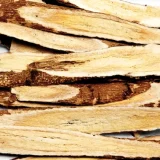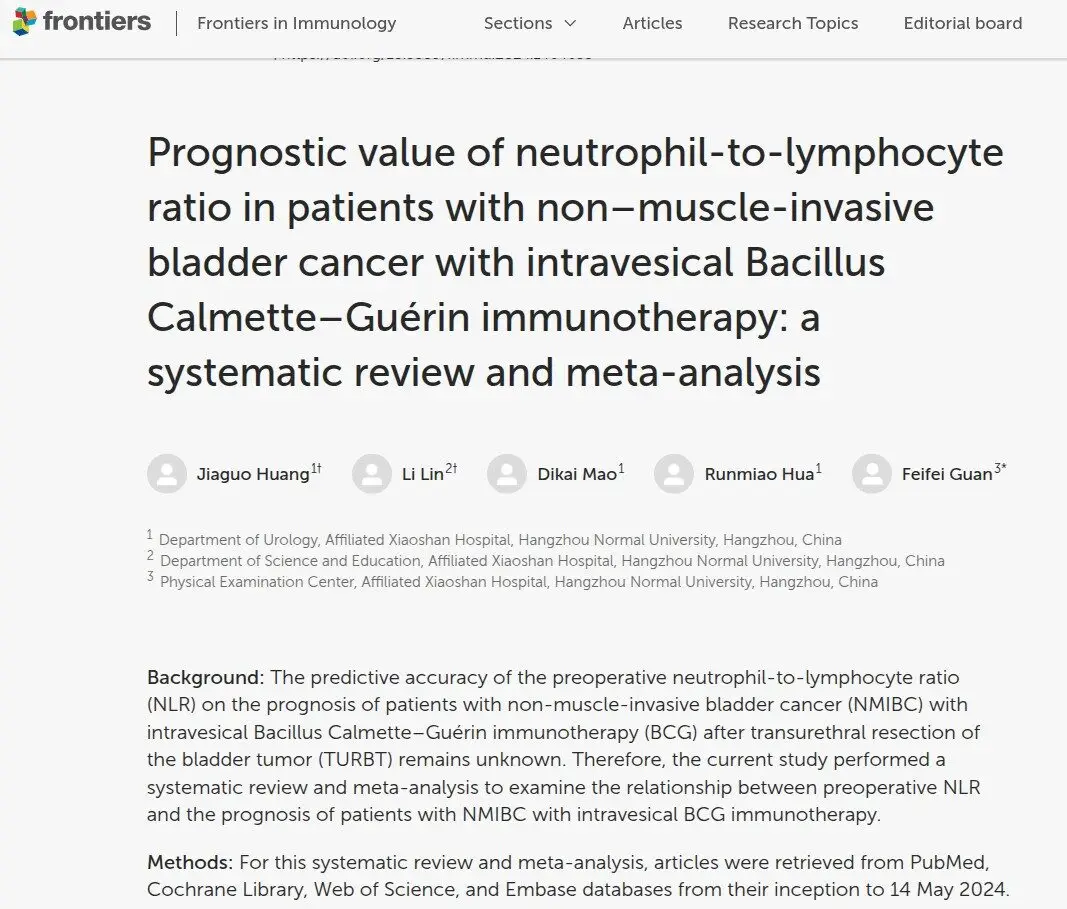Bladder cancer tends to be less frequently researched, but despite this there are some opportunities to increase treatment results and quality of life. Several well proven widely available supplements or over the counter drugs can be effective in supporting oncology. Impacts may even exceed those of adding in some of the emerging oncology drugs, but reducing rather than increasing the risks for side effects.
Large scale analysis of patient case records in scandinavia show that antihistamines, particularly desloratadine, reduce progression risk. Bladder cancer has recently been reported reponding to the improved immune system activity from anti-histamines during immunotherapy. Also well known for immune system health benefits is vitamin D3, which is often deficient in cancer patients, leading to poor prognosis. Recent studies in bladder cancer patients find risk levels are halved with higher levels of D3 during treatment. Also reported by most research are the lower risks of both cancer and all cause mortality. Also related to all cause mortality, danshen a widely used chinese herbal extract is reported to support improved cardiovascular health. Danshen has a variety of evidence in other cancers for improving patient outcomes.
Many cancers will fuel growth by upregulating fatty acid metabolism which can be seen in certain biomarkers. Studies in bladder cancer certainly report increases in these biomarkers for dysfuntional fatty acid (lipid) absorption, and links levels of these to both faster progression and metastatic spread. Of many natural compounds that help regulate lipids and fatty acids, berberine is perhaps one of the more prominent, including some commercial branded supplements adding other ingredients. Similarly, systemic inflammation is often a feature of cancer activity, and in bladder cancer large scale analysis links low inflammation to a 50% reduced overall patient risk for progression. Several supplements can assist an anti-inflammatory healthy diet plan including curcumin (with piperine). Consider a high absorption formula.
Also frequent in poor bladder cancer prognosis is iron deficiency even anemia, combined with upregulated and dysfunctional iron uptake by tumors. These risks are large and re-balancing iron can be important to maximize treatment success and reduce these risks. Milk protein supplement lactoferrin helps correct anemia and increase red blood cells counts and may inhibit cancer related iron activity. Another heavy metal increasingly shown to drive progression is copper, and in bladder cancer. Low copper levels are shown to significantly decrease risk of progression. Citrus Pectin based supplements can detoxify heavy metals and bring potentially beneficial any cancer activity of its own.
Inflammatory response from the immune system can increase all cause mortality risk and treatment resistance, In this area, chinese and also turkish oncology has shown that danshen and astragalus extracts have protective effects on immune system health contributing to substantially reduced all cause risks in vascular health as well much improved outcomes from immunotherapy. The so called Th1/Th2 immune system balance is strongly linked to the progression in bladder cancers, and to treatment resistance. Molecular iodine solutions are emerging in this area in breast cancer management, seen boosting Th1 anti tumor activity and helping suppress over active Th2 used in resistance. This has improved results in surgery plus chemotherapy and may support increased responses during immunotherapy (see Supplement Library). For immunotherapy the presence of high sodium levels is now identfied as a key marker for success in other cancers. Also in other cancers, AM treatment programs are substantially more effective that PM/evening sessions



